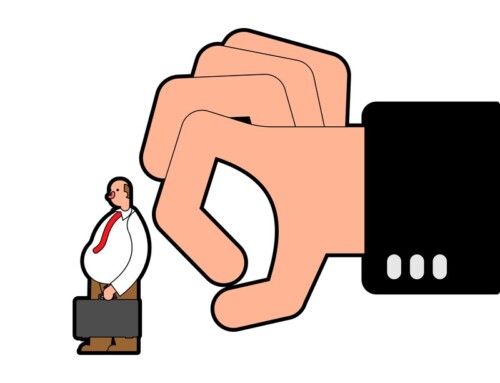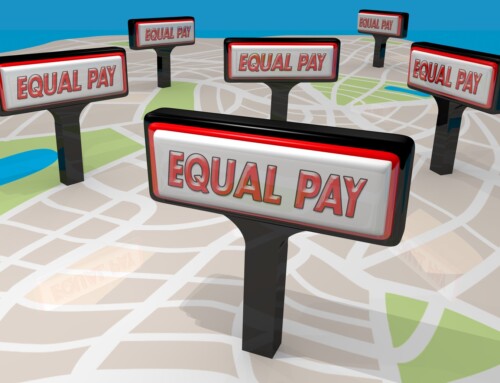
◆Almost unchanged from last year, record low ranking
In June, the World Economic Forum (WEF) released its Gender Gap Index, which quantifies the gender gap in each country in 2023. Japan’s overall score was 0.647, almost unchanged from last year, ranking 125th out of 146 countries (the lowest in the G7 nations). Iceland ranked first with an overall score of 0.912.
The Gender Gap Index indicates the ratio of women to men and is calculated by calculating scores in each of the four areas of economy, education, health, and politics, which are then averaged and rated on a scale of 0 (full inequality) to 1 (full equality).
◆Low in economic and political areas
By sector, education (male-female ratio of literacy and school attendance) was high at 0.997 (47th), and health (gender difference ratio at birth and healthy life expectancy) was high at 0.973 (59th). However, the country’s economy (gender ratio of labor participation rate, gender gap in wages for equal work, gender ratio of managers, etc.) was 0.561 (123rd), and politics (gender ratio of Diet members and cabinet members, etc.) was 0.057 (138th), which is low compared to other countries, indicating that there is a gender gap.
◆30% female board members by 2030
In June, the government announced the “Women’s Version of the big-boned policy (Priority Policy for Women’s Activities and Gender Equality)” in order to close the gender gap in the economic field. Prime Minister Kishida then set a target for companies listed on the Tokyo Stock Exchange Prime Market to appoint at least one female board member by 2025, and to increase the ratio of female board members to 30% by 2030. The plan also includes fostering and supporting female entrepreneurs and promoting the development of female digital talent and reskilling.




